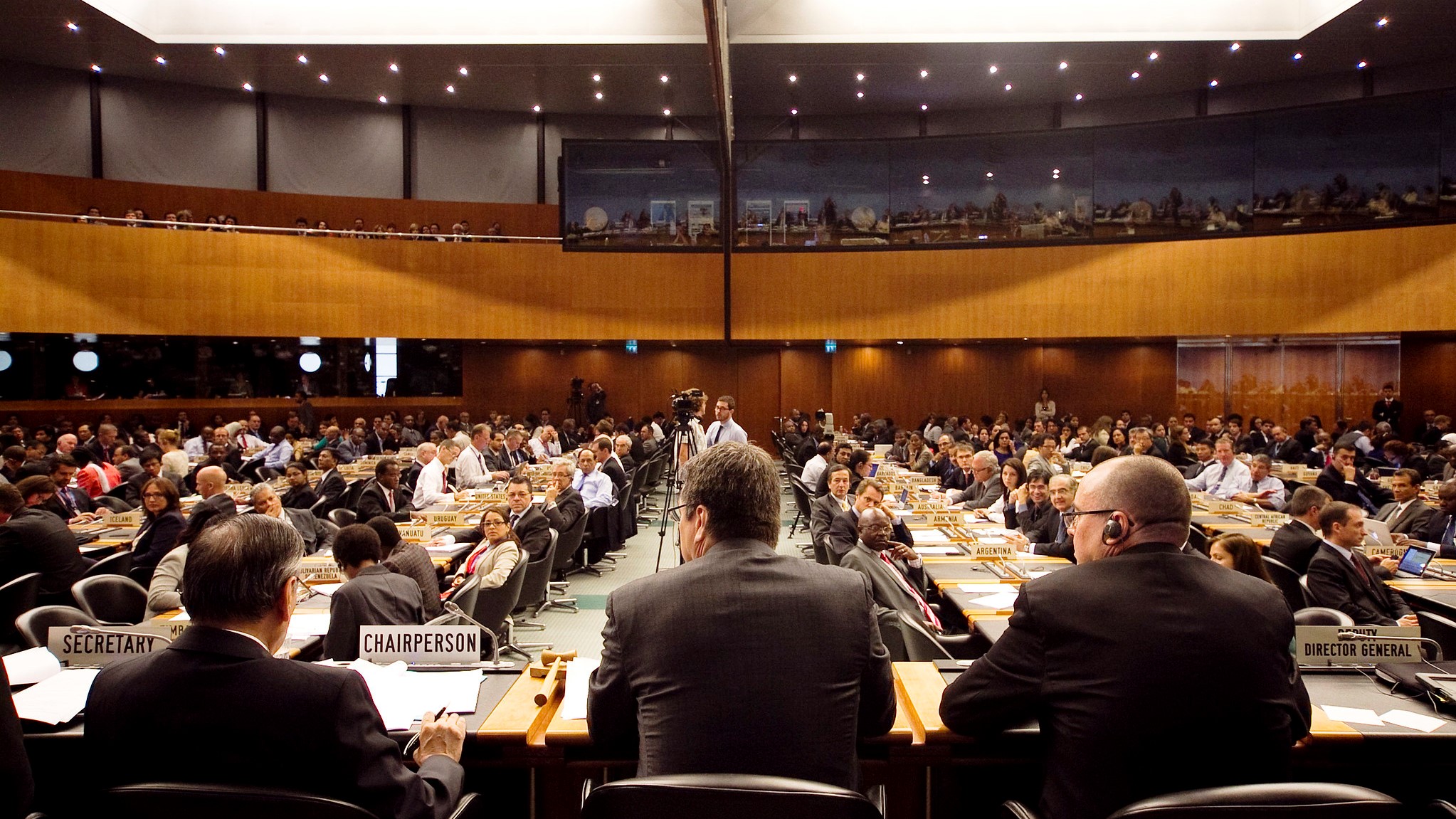The meeting proved to be anticlimactic. Ministers failed to reach a final agreement and merely “pledged to conclude the negotiations soon”. Dr. Okonjo-Iweala opined that the meeting "should kick us along the path towards agreement" by the time of the ministerial conference in late November/early December. After 20 years of missed deadlines in these negotiations, few are holding their breath.
The Director General is nonetheless describing the meeting in positive terms, calling it a “successful ministerial” and expressing the belief that the current text can be used as a basis for future negotiations. Others appear less sanguine about the state of play. In her remarks, US Trade Representative Katherine Tai said that the text “does not yet contain the elements required for reaching agreement”. Indian Trade Minister Piyush Goyal indicated that he was “disappointed to note that we are still short of finding the right balance and fairness in the agreement."





